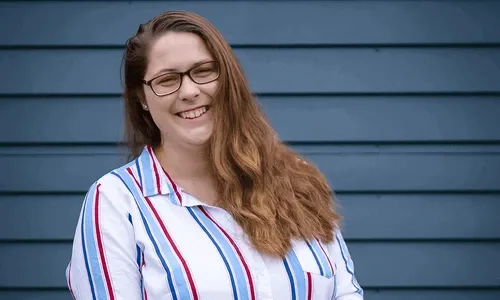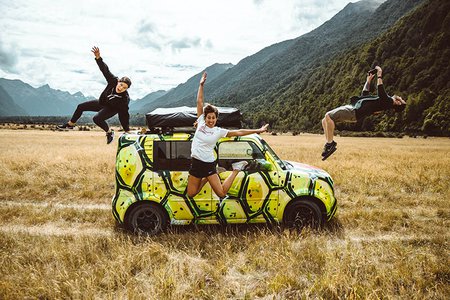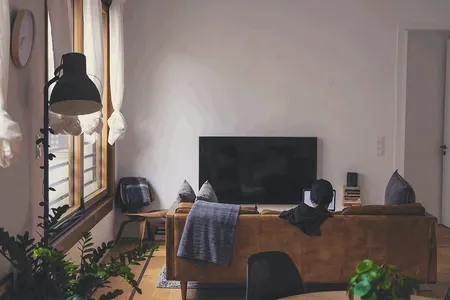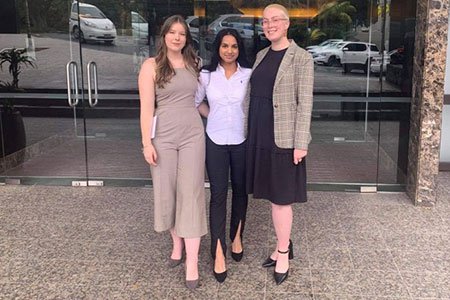Toku Toa, He Toa Rangatira
By Jennifer Redshaw | 14 January 2020
By Jennifer Redshaw | 14 January 2020
I was born, third child to a pair of 26-year-olds; a registered nurse and a freezing worker. Mum’s family were plasterers and plumbers, Dad’s whānau were labourers and freezing-workers. Around the time I was born, Mum decided to stop nursing and home-school my older brother. She continued this with my older sister and I, and the ten children that came after us. It was Mum who taught me to read and write, and she instilled a love of learning that has taken me from picture books and science facts, to medical textbooks and journal articles. I did science projects, learned music, loved maths and tolerated English. There was no pressure to head in any particular direction career wise. As long as we had something to work towards, my parents encouraged us to pursue our interests.
I learned what being a stay at home mum is like pretty early on, and babysitting was just a part of life as I got older. It was something I came to respect as an incredibly difficult and rewarding career, but I knew that wasn’t where I was headed. The love of learning and books that Mum had imparted was a major influence in my desire to attend university. To begin with I had no idea what I would study, but I thought university is where you learn, so it’s where I wanted to go.
Something Mum has demonstrated to me is that it doesn’t matter who you are or what you have, you can always do something to help someone else. There was always produce in the garden to give to anyone who came up the driveway, and despite embarrassed groans of ‘do we have to’, she regularly made us sing at rest homes with the home schoolers’ choir. We were the family that would show up to help out at community events, even if only one member of the family was officially involved.
The net result of these many seemingly insignificant moments was a desire to have a career where, every day I could see that I was making a difference in someone’s life. Dad’s work ethic, his dedication and effort to support our whānau, was an influence that has formed my drive to do the hard tasks that others avoid and do well wherever I am, in preparation for where I want to be.
It was Grandma who put the idea of medicine into my head, but not in a good way. She always asked “what are you going to be when you grow up?” I hated that question. I was a practical child so I understood that my dreams of piracy were unrealistic. As was being a cowboy (I didn’t want to be a cowgirl). So I would just say “I don’t know”. Grandma invariably took those opportunities to dream for me. “You should be a doctor.” “You’ve got your mother’s brains, she could have been a doctor.” “You would earn lots of money and can travel as a doctor.”
As a 9-year-old I only had vague notions about what a doctor did, but it wasn’t the job that put me off; it was Grandma’s reasoning. She seemed to think that the primary purpose of a career was to obtain money, not enjoyment. She just assumed that because I was book smart, I’d be more successful in life than my incredibly creative, dyslexic brothers. It felt like she meant that dedicating your life to looking after others and raising a family was a lifestyle to be looked down on. It rankled. So I refused. I would not be a doctor.
Nope.
Never.
Then I started NCEA. The realisation hit that I needed to aim for something. When my older sister started NCEA she already knew what she wanted to do. She’d wanted to be a kindergarten teacher since she was seven. No wavering. I envied that goal so much. To be that sure about, well… anything. But I knew teaching was not for me; I’d had enough practice helping the younger kids. My list of negatives also included farming, freezing works, and nursing, being a chef, a waitress and a commercial cleaner. That pretty much ruled out all the jobs that my immediate family members had done. Music? Nope that’s more of a hobby for me than a career.
I realised then that the most interesting thing I could think of was medicine. First you spend years at university doing science and learning about the human body, which sounded fascinating, then you spend the rest of your life helping people. The idea of problem solving every day, working out what was happening and fixing people’s illnesses appealed to me; the puzzle mad, Sherlock Holmes fan that I was. At the back of my mind I still had an out, “If I find something I like better on the way, I’ll do that instead.”
Incidentally, I love it.
I’m still determined that it wasn’t Grandma’s reasons that were driving me, but I think if she hadn’t spent years telling me I was clever enough and should be a doctor I might never have had the audacity to try. While others stressed over passing exams, I was just trying to work out if I'd accept the offer when it came. Her unwavering declarations of what she believed I was capable of, made medicine a much closer target than it might otherwise have seemed.
The primary influencers in my life have been my whānau and I likely would never have found myself in medical school without them. Now I have two sisters, an 8 year old and a 4 year old, who have decided they want to be doctors too. I'm so thrilled to have played a part in inspiring those dreams.
Hapaitia te ara tika pūmau ai te rangatiratanga mō ngā uri whakatipu
(Foster the pathway of knowledge to strength, independence and growth for future generations.)
Jennifer Redshaw
5th Year Medical Student, University of Otago, Dunedin School of Medicine


30 November 2020
Now that exams are over, it’s time to make the most of a (hopefully) gloriously sunny summer. So from the top of the North Island to the bottom of the South, here’s your holiday abroad – at home.

29 September 2020
Moving into a new flat comes with a slew of questions. Most important? Finding the right squad to share your space. While your besties may be crack up in the halls, the perfect flattie is chock full of qualities that aren’t so obvious.

5 May 2022
Henrietta Harper, winner of the MAS Here For Good Scholarship - Individual Category, shares with us what she is doing to advocate for, and support our vulnerable communities.